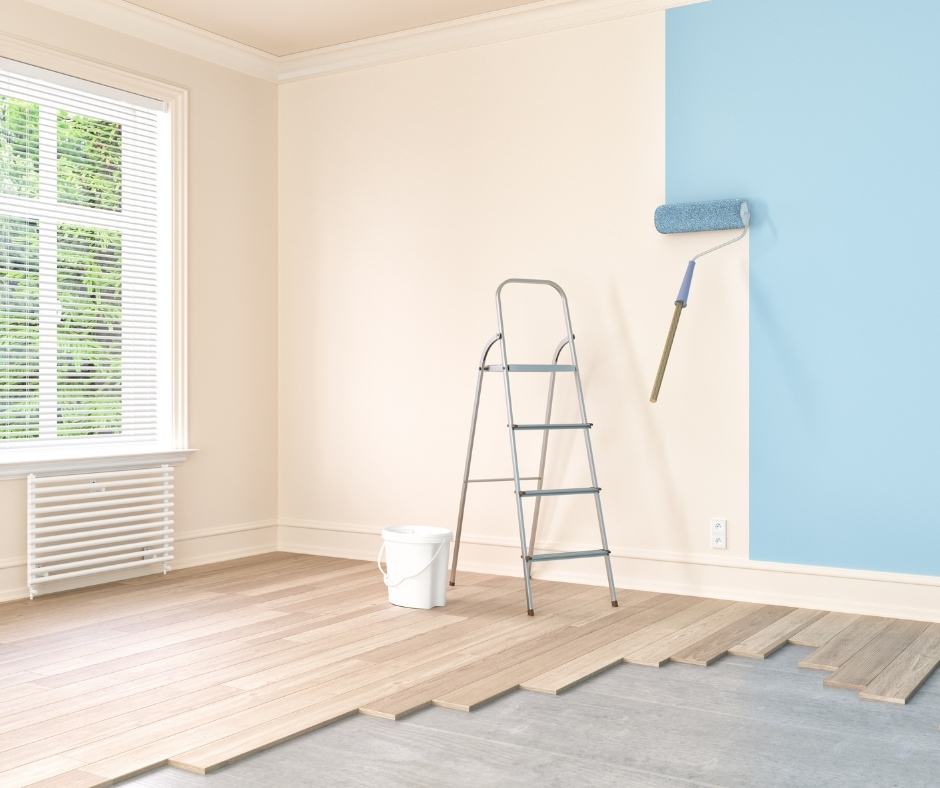
How to Afford Emergency Home Repairs
Whether you’re looking to sell or live in the home for years to come, home repairs can be unpredictable and costly. Here’s how to always be prepared to cover home repairs.
This post contains affiliate links, which means I may earn a small commission at no extra cost to you. For more information, please see my disclosure here. Thank you for your support!
Today’s guest post comes courtesy of Marissa Perez from Business Pop. Marissa has spent the last 10 years honing her marketing skills and now she wants to share her knowledge with those who have decided to take on entrepreneurship. She co-created Business Pop to provide insight and advice to those who aspire to succeed in owning a business.
To learn more about Marissa or entrepreneurship, visit Business Pop today!
How to Afford Emergency Home Repairs
By Marissa Perez – Business Pop
A major part of being a homeowner is undertaking timely repairs to keep your property in top condition. Whether you are looking to sell or live in the home for the foreseeable future, repairs can help improve its value, safety, and functionality.
However, as reported by HomeServe, more than 25% of American homeowners do not have a dedicated fund to take care of repairs.
This results in homeowners needing to hastily sell investments or take on unplanned debt to cover the cost. Luckily, we have some suggestions to help you avoid that predicament and always be prepared for home repairs.
Always Have an Emergency Fund
Saving up for an emergency repair fund allows you to take swift action during emergencies, minimizing the damage to your property and health. When wondering how much money should you keep aside, follow the 1% rule.
As the name suggests, you should set aside funds equivalent to 1% of your home’s purchase price for emergencies. For instance, if your home costs $300,000, you need to have at least $3000 available for repairs.
While the 1% rule is a good place to start, it’s often advisable to save up to 3-4% of the purchase price.
This is because your home’s location and age will also play a big role in the type and frequency of repairs needed. Older homes can require frequent repairs or even complete replacement of flooring or the roof.
Use Alternate Funding Options
While having an emergency fund will help you cover most repair costs, in situations when you need more funds, here are a few options:
- HELOC: A home equity line of credit allows you to take a loan against your home equity as collateral. The repayment time period can be up to 20 years.
- Insurance: If you have home insurance, check if your policy covers home repair emergencies. Even if it doesn’t cover the full costs, it’ll help minimize your out-of-pocket spend.
- Refinancing: A cash-out refinance will provide the twin benefit of paying off your existing mortgage and receiving the funds you need to complete repairs. You can calculate your cost of repairs and apply for the mortgage amount which suits your needs. Additionally, as reported by Redfin, refinancing often provides you with lower interest rates and longer repayment periods.
This is a great option for homeowners who have built up equity over the years and plan to live in the property for a long time.
Hire the Right People
While minor repairs serve as good DIY projects, for major repairs involving plumbing, electrical, flooring, etc. it’s best to work with professionals. As you will be investing a good chunk of money into these projects, it’s important to hire the best contractors.
Do Your Research
Depending on the type of project, search for the best companies in your locality. Go through their reviews, past projects, prices, licenses, and accreditations. Additionally, seek to receive referrals from family and friends.
Invite Multiple Bids
Connect with various contractors and discuss your project requirements. In addition, ask them questions regarding their business, past projects, experience with the type of repairs you need. Their answers to these questions will help you separate the good contractors from the bad ones.
Additionally, scrutinize the prices in great detail. A considerably low bid can point to future problems as it might exclude the cost of materials or include add-ons. It’s best to receive a confirmation from the contractor that the bid is inclusive of all costs.
Sign a Contract
Once you find a bid of your liking, enter into a signed contract that specifies the following:
- Cost of the project
- Completion timelines
- Type of materials to be used
- The estimated amount of labor and hours needed
If the contractor sends an incomplete contract, you can draft your own, provide additions and send it back for confirmation.
Having an emergency repair fund will safeguard you from unforeseen circumstances, minimize unplanned expenses and ensure your home stays in its best condition.
Aside from using an emergency repair fund, you can use alternative funding options to ensure unexpected home repairs won’t cause financial chaos in your life.
Regardless of how you fund your home repairs, doing some research and hiring the best people for the job will ensure less headaches in the future.
Now over to you! What kind of unexpected home repairs have you dealt with and how did you fund them?



